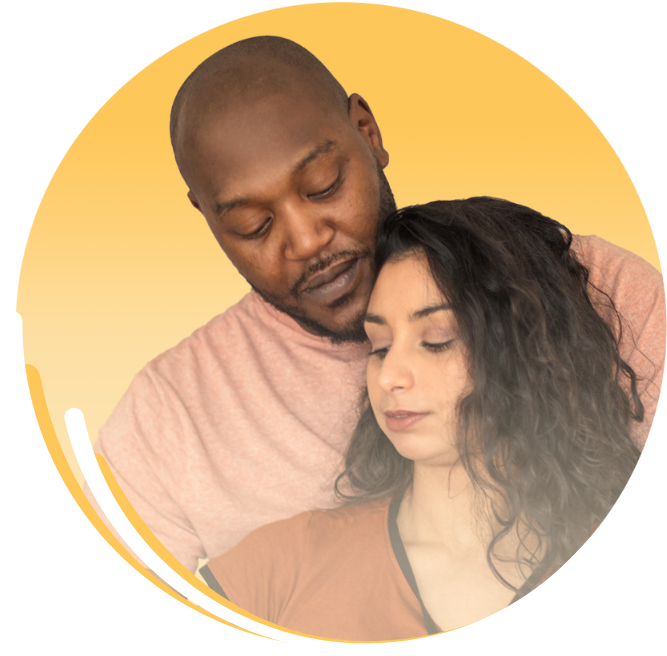The BIPOC and
Black, Indigenous, and people of color (BIPOC) face unique stressors like discrimination, harassment, and unequal access to education, housing, and employment—which were all heightened by COVID-19. From daily microaggressions to physical violence, the trauma of discrimination and prejudice can worsen not only BIPOC mental health, but physical health as well. BIPOC communities can also face disparities in diagnosis and treatment when it comes to mental health. BIPOC may feel uncomfortable being open about mental health issues, or may feel uneasy seeing a white mental health care provider. Help from those who understand is available. Scroll for more BIPOC mental health facts.


San Diego BIPOC Mental Health Resources That Help
People in the BIPOC communities may have more hurdles to caring for their mental health. You’re not alone. There are a range of BIPOC mental health resources specifically designed to help BIPOC and providers who specialize in working with BIPOC clients.
Use Our Resource Tool The Access and Crisis Line at (888) 724-7240 provides support 24/7. Experienced counselors can answer questions about mental health and substance use, provide referrals, offer support and crisis intervention. In the case of a medical emergency, call 911 or go to the nearest emergency room.
& Substance Use Disorders
32
American Psychiatric Association. Mental Health Disparities: Diverse Populations. (2017). https://www.psychiatry.org/psychiatrists/cultural-competency/education/mental-health-facts, Retrieved 2020
33
American Psychiatric Association. Mental Health Disparities: Diverse Populations. (2017). https://www.psychiatry.org/psychiatrists/cultural-competency/education/mental-health-facts, Retrieved 2020
34
American Psychiatric Association. Mental Health Disparities: Diverse Populations. (2017). https://www.psychiatry.org/psychiatrists/cultural-competency/education/mental-health-facts, Retrieved 2020




